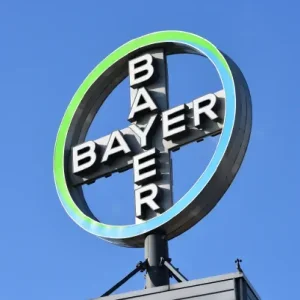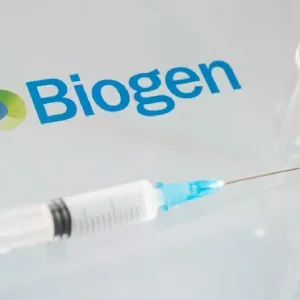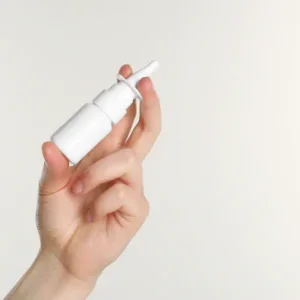Bristol Myers Squibb has received the US Food and Drug Administration (FDA) approval for Opdivo (nivolumab) in combination with Yervoy (ipilimumab), to treat hepatocellular carcinoma (HCC).
The FDA has indicated Opdivo 1mg/kg plus Yervoy 3mg/kg for treating HCC patients, who have been previously undergone sorafenib treatment.
Bristol Myers Squibb general manager and US oncology, immunology, cardiovascular head Adam Lenkowsky said: “We recognize there is a critical need to provide patients with aggressive forms of cancer, like HCC, new treatment options that may offer clinically meaningful and ultimately durable responses.
“Today’s announcement builds on our legacy in pioneering immunotherapy treatments and is an important step in our commitment to transforming patients’ lives through science.”
FDA approval of Opdivo plus Yervoy is based on CheckMate -040 clinical trial
The US regulatory agency has granted the accelerated approval based on overall response rate and duration of response from the CheckMate -040 clinical trial.
CheckMate -040 is a is a Phase 1/2 open-label clinical study that included a cohort of in 49 patients with HCC who were intolerant to sorafenib and received Opdivo + Yervoy.
In the study, patients were treated with Opdivo 1mg/kg and Yervoy 3mg/kg every three weeks for four doses, followed by Opdivo 240mg every two weeks until disease progression or unacceptable toxicity. ORR, as assessed by BICR using RECIST v1.1 and mRECIST is the major efficacy outcome.
Opdivo is associated with immune-mediated pneumonitis, colitis, hepatitis, endocrinopathies, nephritis and renal dysfunction, along with skin adverse reactions, encephalitis, other adverse reactions including infusion-related reactions, embryo-fetal toxicity, and increased mortality in patients with multiple myeloma.
The pharmaceutical firm said that continued approval is subject to the verification and description of clinical benefit in confirmatory trials.
CheckMate trial lead investigator Anthony B El-Khoueiry said: “HCC is an aggressive disease in need of different treatment approaches. The overall response rate observed in the Opdivo + Yervoy cohort of the CheckMate -040 trial underscores the potential of this dual immunotherapy as a possible treatment option for patients.”






